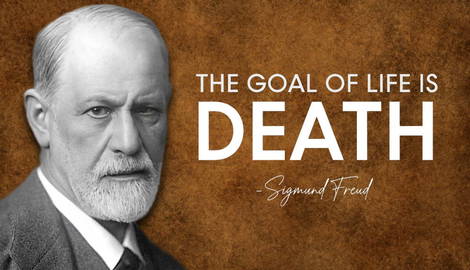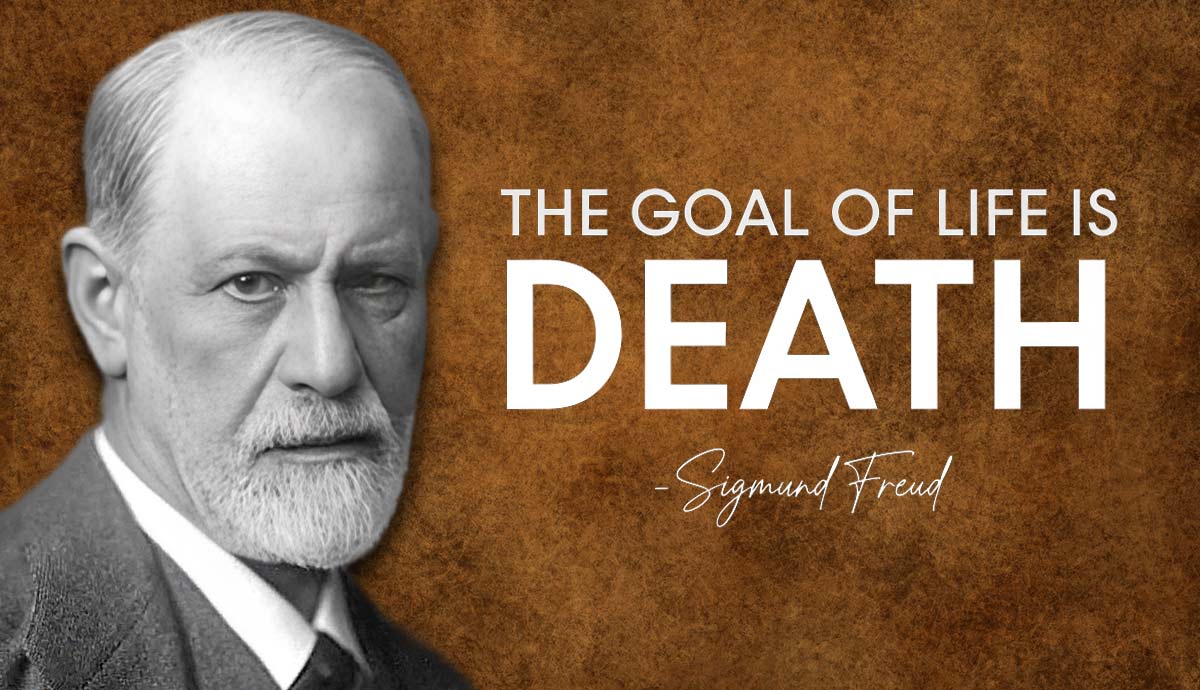
Austrian neurologist and psychologist Sigmund Freud is a pioneer of modern psychology, famously known as the father of psychoanalysis. Despite his fame, most of the quotes circulating online under his name are misattributions. In this article, we examine Freud’s most famous authentic quotes, tracing them back to their original sources and exploring the wealth of insights they contain.
“The Interpretation of Dreams is the Royal Road to a Knowledge of the Unconscious Activities of the Mind”
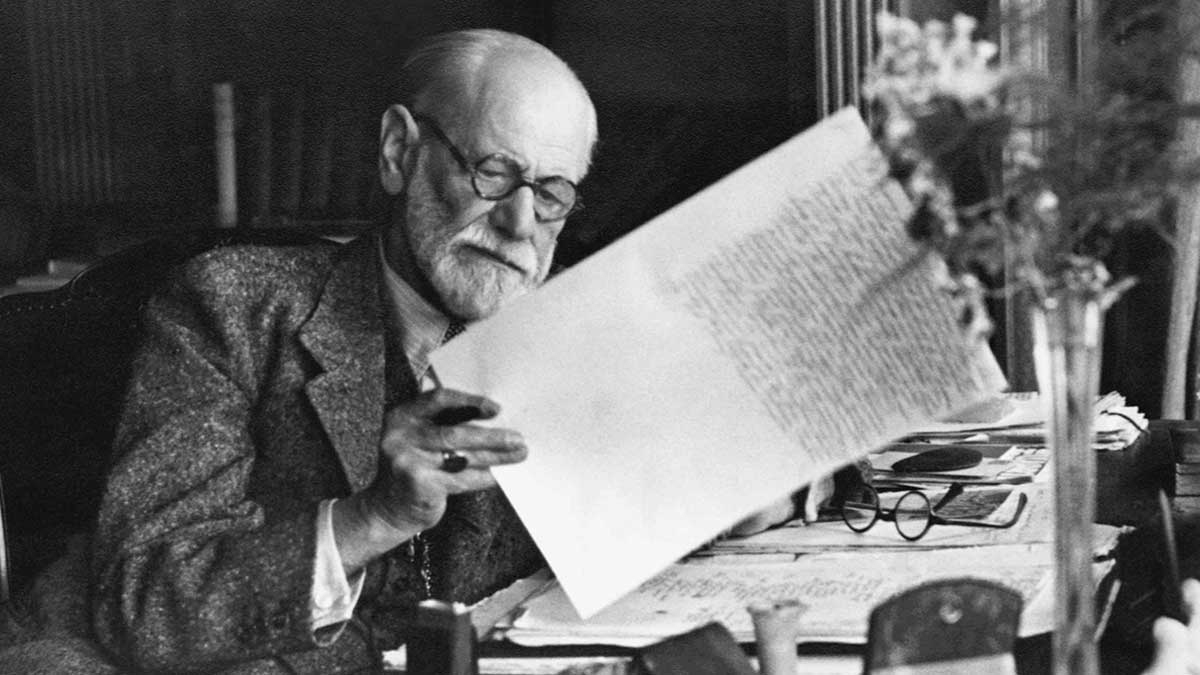
Sigmund Freud’s most popular quote comes from his magnum opus, The Interpretation of Dreams, published in 1899. In this canonical book, he famously declared dream interpretation as “the royal road” to uncovering the activities of the unconscious. According to Freud, sleep is the only time when our psychological defenses are weak enough to expose the activities of our unconscious, allowing for their symbolic expression in dreams. He distinguished between the manifest and latent contents of a dream, where the former refers to the dream symbols and the latter refers to the unconscious activities they symbolize.
Essentially, Freudian dream interpretation aims at uncovering the latent content of a dream from its manifest content, primarily through the method of free association. Based on his clinical experience and the interpretation of his own dreams, Freud discovered that the primary function of dreams was to fulfill the repressed wishes of the unconscious without the censorship of the waking state.
“The Ego is Not Master in Its Own House”
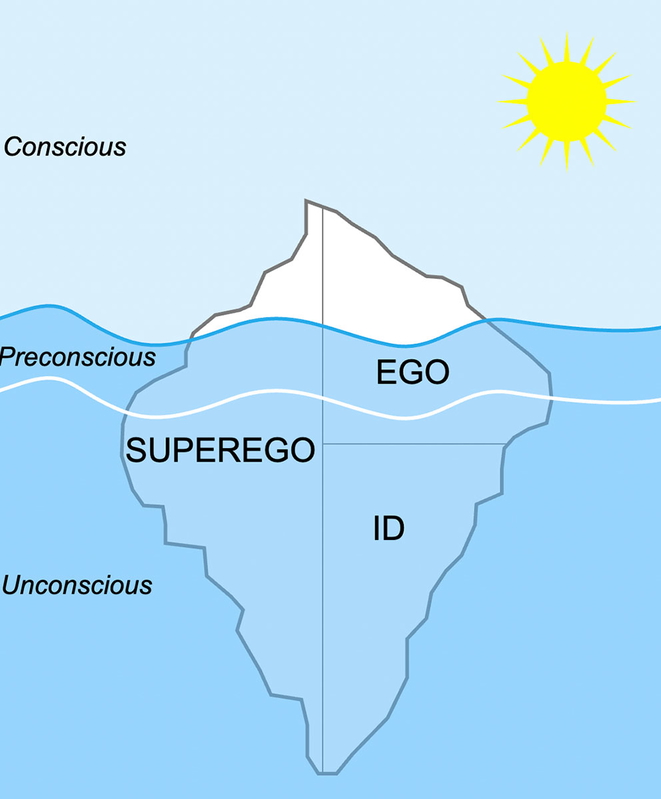
In A General Introduction to Psychoanalysis, Freud argued that the fierce opposition against psychoanalysis sprang from its suggestion that “the ego is not master in its own house”. In the passage, Freud described this as “the third and most irritating insult” to humanity’s self-centeredness, preceded by Copernicus’s discovery that the Earth is not the center of the universe and Darwin’s argument that humankind is not the result of a special creation, but evolved from the animal kingdom.
All these scientific discoveries were initially received by the public with resistance and opposition, and Freud’s psychological research was no exception. By proposing that the unconscious exerted a powerful and determining influence on our thoughts, feelings, and behaviors, Freud robbed the ego, our sense of individual selfhood, of its supposed authority over the psyche. As a result, Freud’s model effectively shattered humanity’s illusion of control and self-mastery, exposing the vast extent of unconscious activities that determine us beyond our conscious awareness and control.
“We Are Never So Defenseless Against Suffering as When We Love”
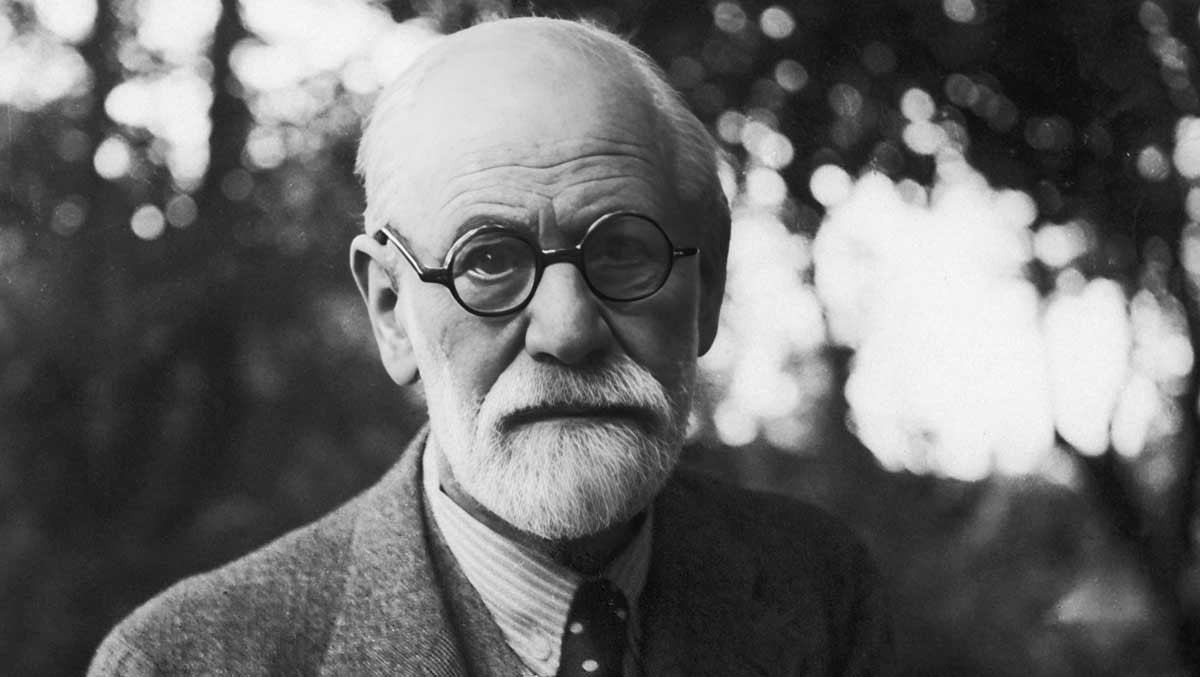
In the second part of his essay, Civilization and Its Discontents, Freud examined the different ways people adapt to the pleasure principle, which drives us to pursue happiness and avoid suffering. Among the many paths to happiness that Freud evaluated was love – the experience of loving and being loved. According to him, love “comes nearer to this goal than any other method” (Freud, 1930). Being in love can fill us with a tremendous amount of happiness. In the heights of ecstasy, love can even make us feel united with our object of love, obliterating the boundaries between self and other.
However, just as love is the only path that can raise us to the summits of happiness, it can throw us into the abyss of suffering when we lose the object of our love. As Freud explained, “We are never so defenseless against suffering as when we love” (Freud, 1930). According to him, were it not for the dangerous vulnerabilities of the path of love, no human being would have ever chosen a different path to happiness.
“The Goal of All Life is Death”
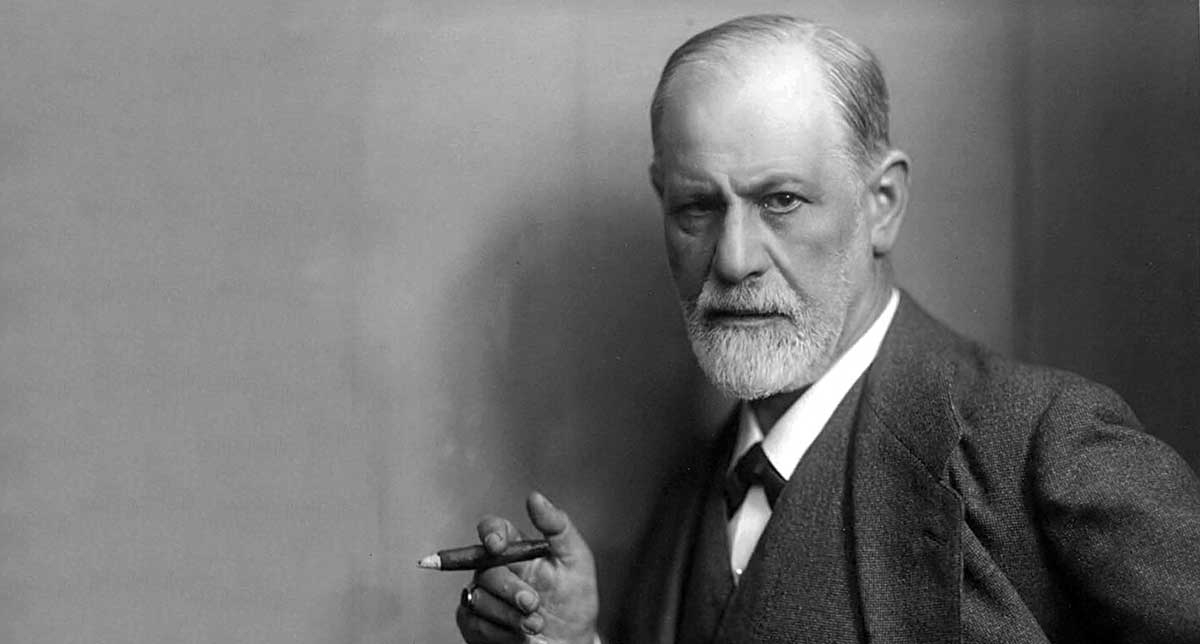
hIn Beyond the Pleasure Principle, Freud made the radical and shocking declaration that “the goal of all life is death”. On the course of his clinical practice, Freud discovered patterns in his patients that were inconsistent with the pleasure principle, which is our instinctual drive to seek pleasure and avoid pain. For example, the pleasure principle cannot explain self-destructive behaviors, compulsive repetition, or aggression. As a result, Freud deduced the presence of the ‘death drive’, which is a more fundamental drive inherent in all living organisms that seeks to return to an inanimate state.
Self-preservation, according to Freud, is but a “diversion” and “detour” on the path to returning to the inanimate state that preceded life (i.e. non-existence or death). “The goal of all life is death” is, hence, not a nihilistic declaration, but refers to an instinctual drive that Freud considered more fundamental than the pleasure principle.
“Being Totally Honest with Oneself Is a Good Exercise”
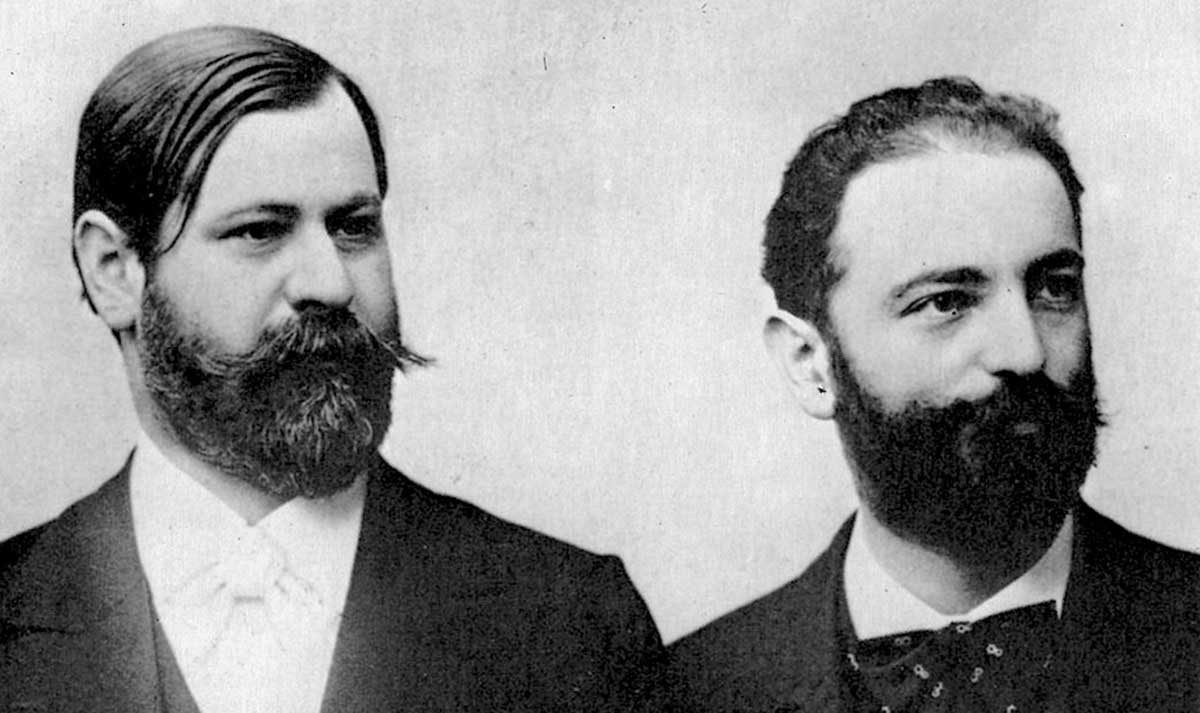
On the 15th of October 1897, Freud wrote to his friend and confidant, Wilhelm Fliess, that “Being totally honest with oneself is a good exercise”. In the letter, Freud shared his progress with self-analysis, interpreting his own dreams, early childhood memories, and his personal experience of the Oedipus complex. This famous quote highlights the importance of self-awareness and introspection.
Many of Freud’s discoveries in his psychological research were the byproduct of his own self-analysis and self-awareness. For example, he found that dreams fulfill the repressed wishes of the unconscious by interpreting one of his own dreams (i.e. the Irma dream). However, self-awareness requires the courage to be honest with oneself, especially in the face of what we have long avoided confronting.
